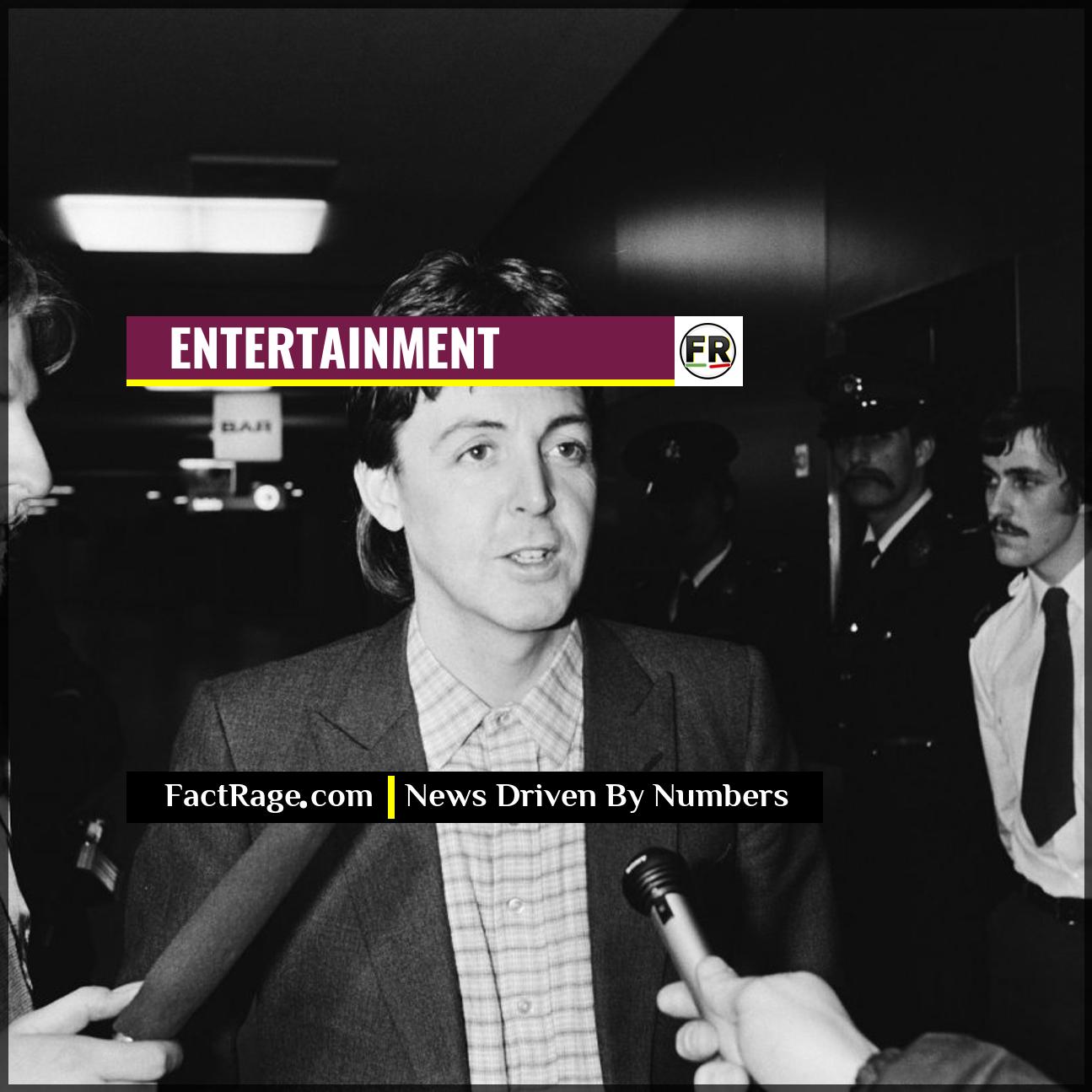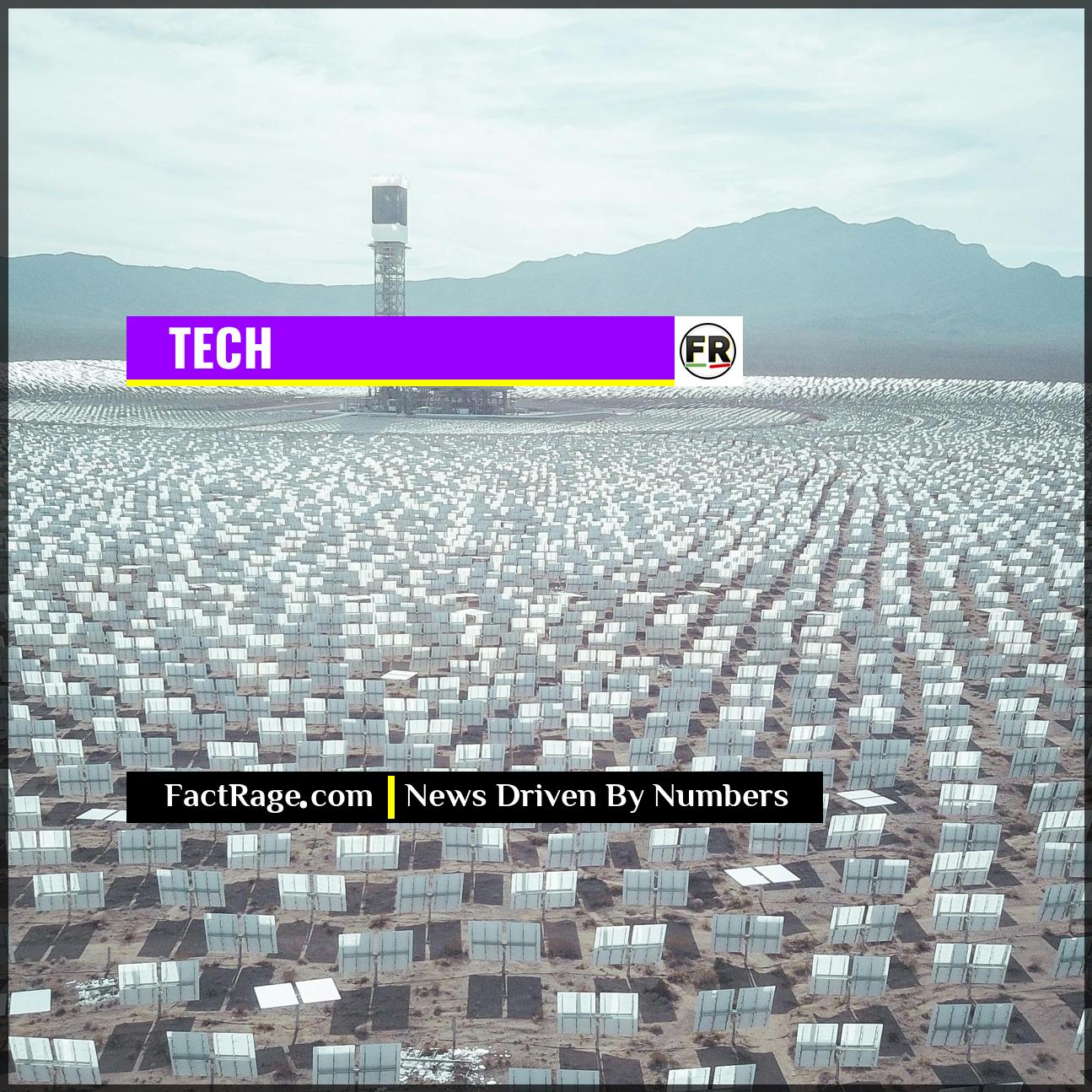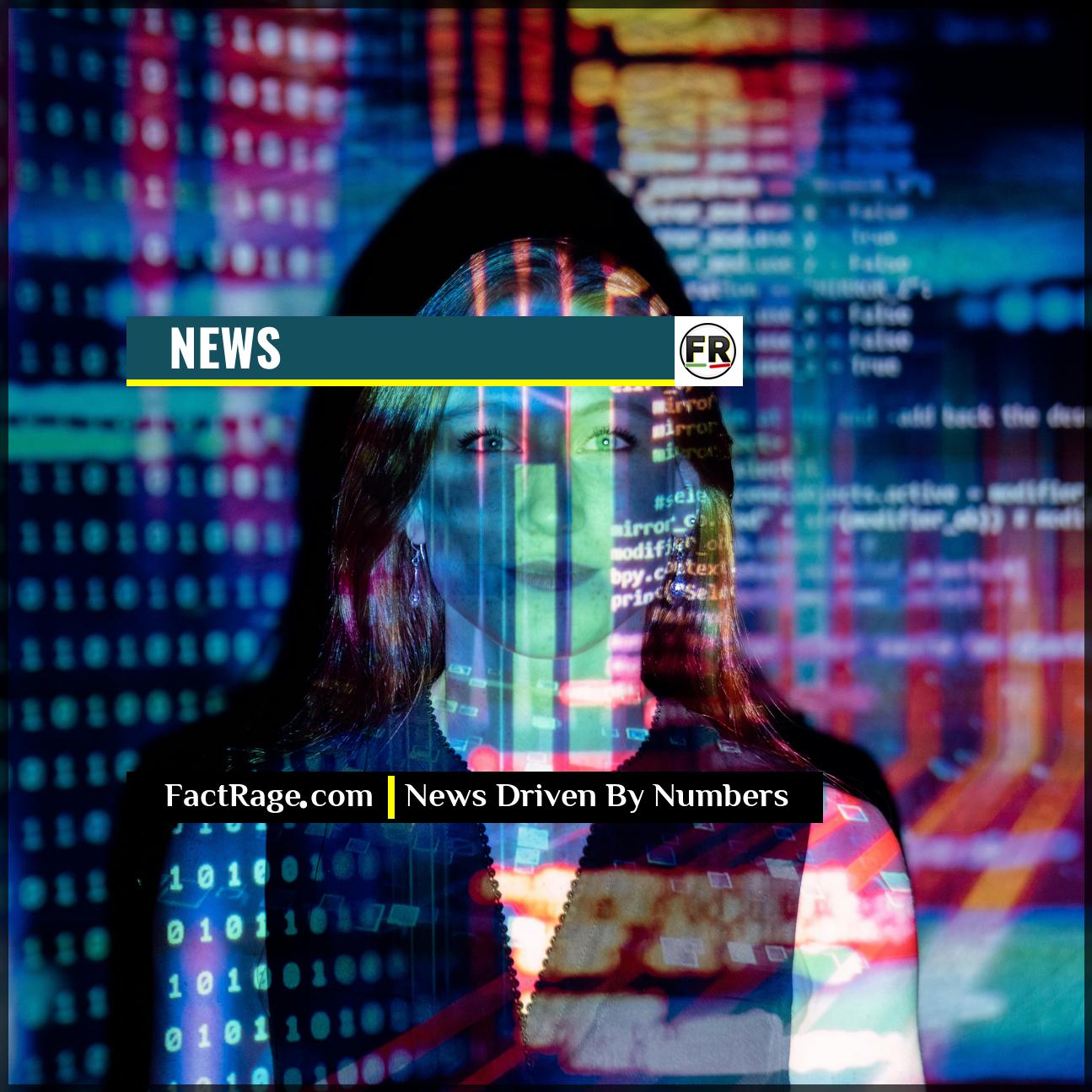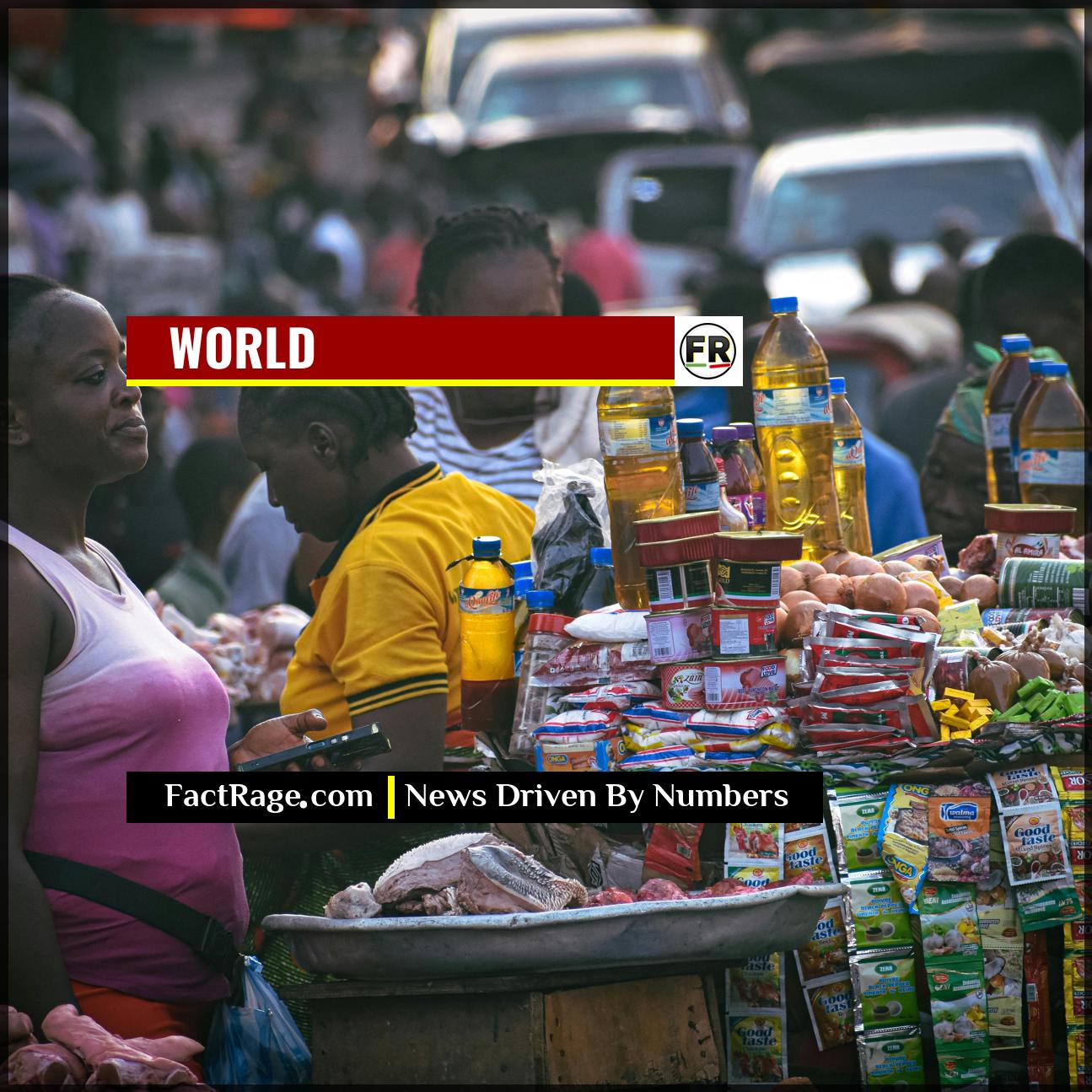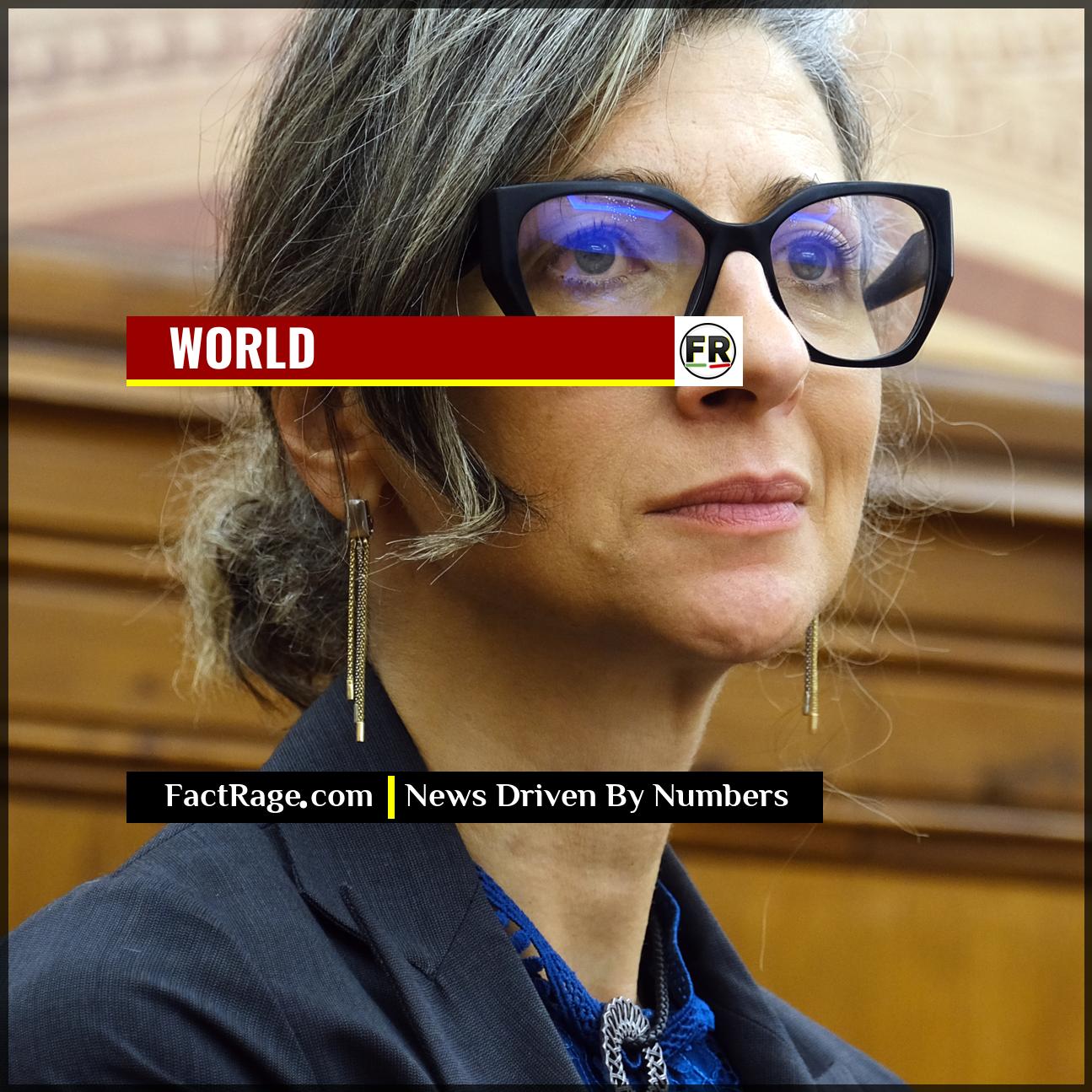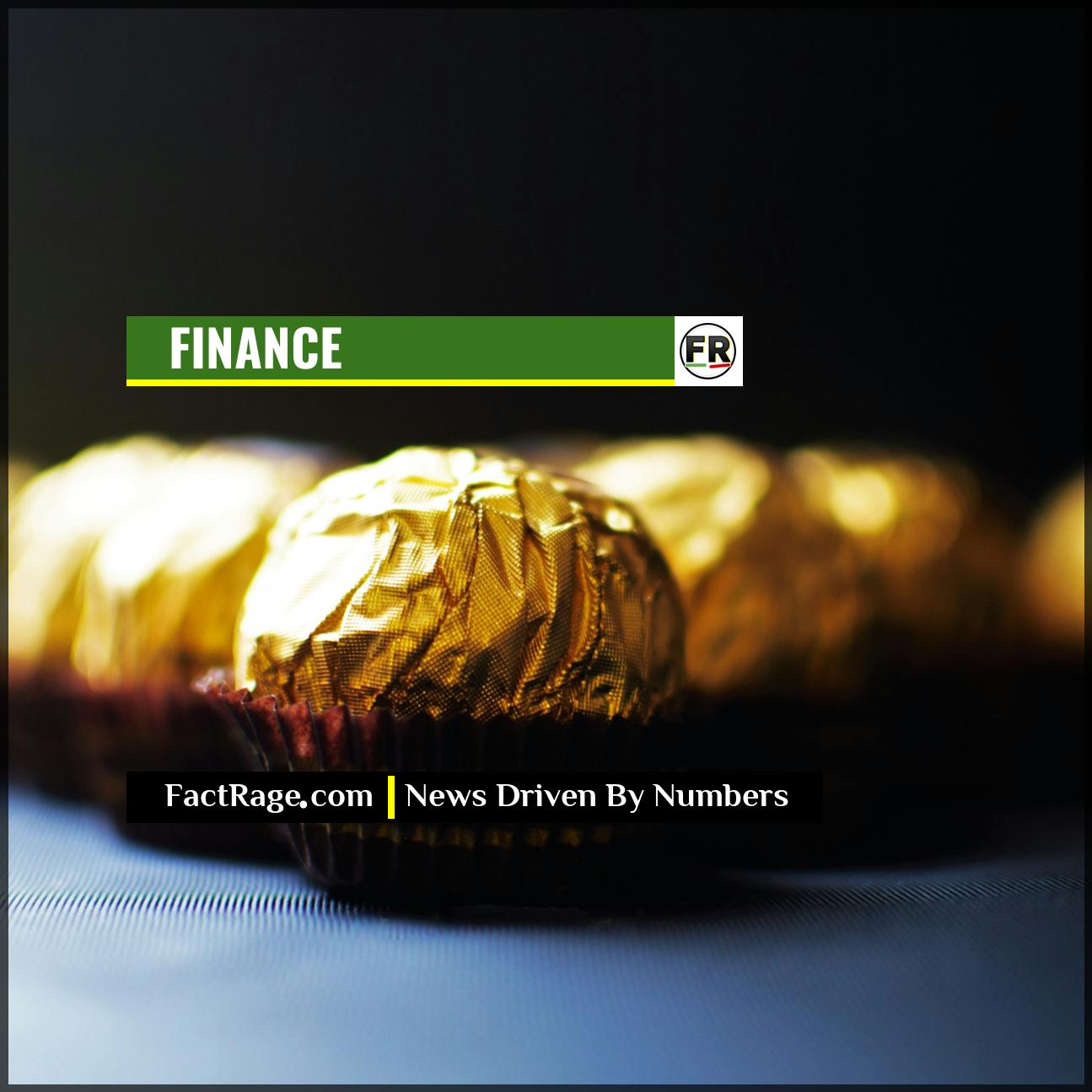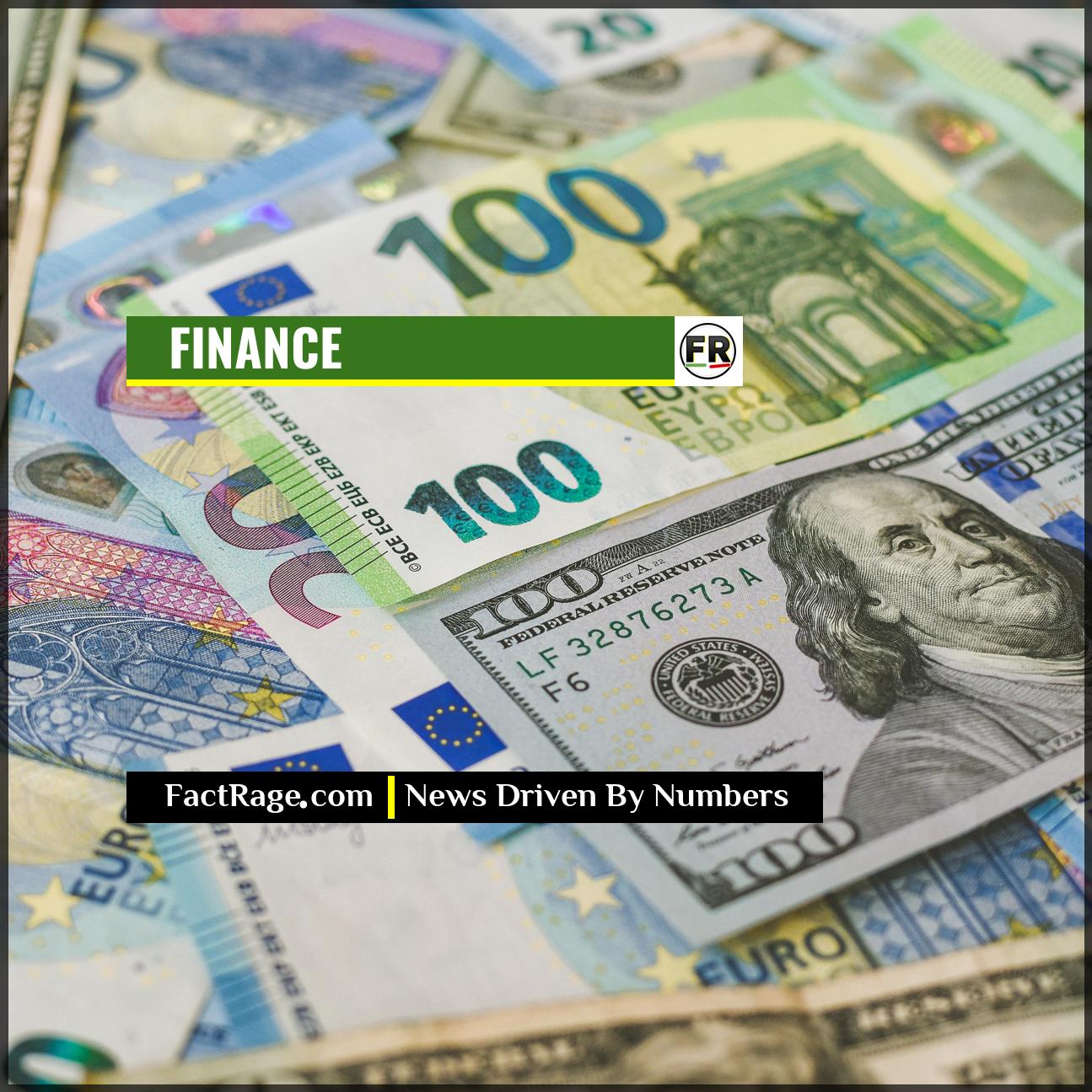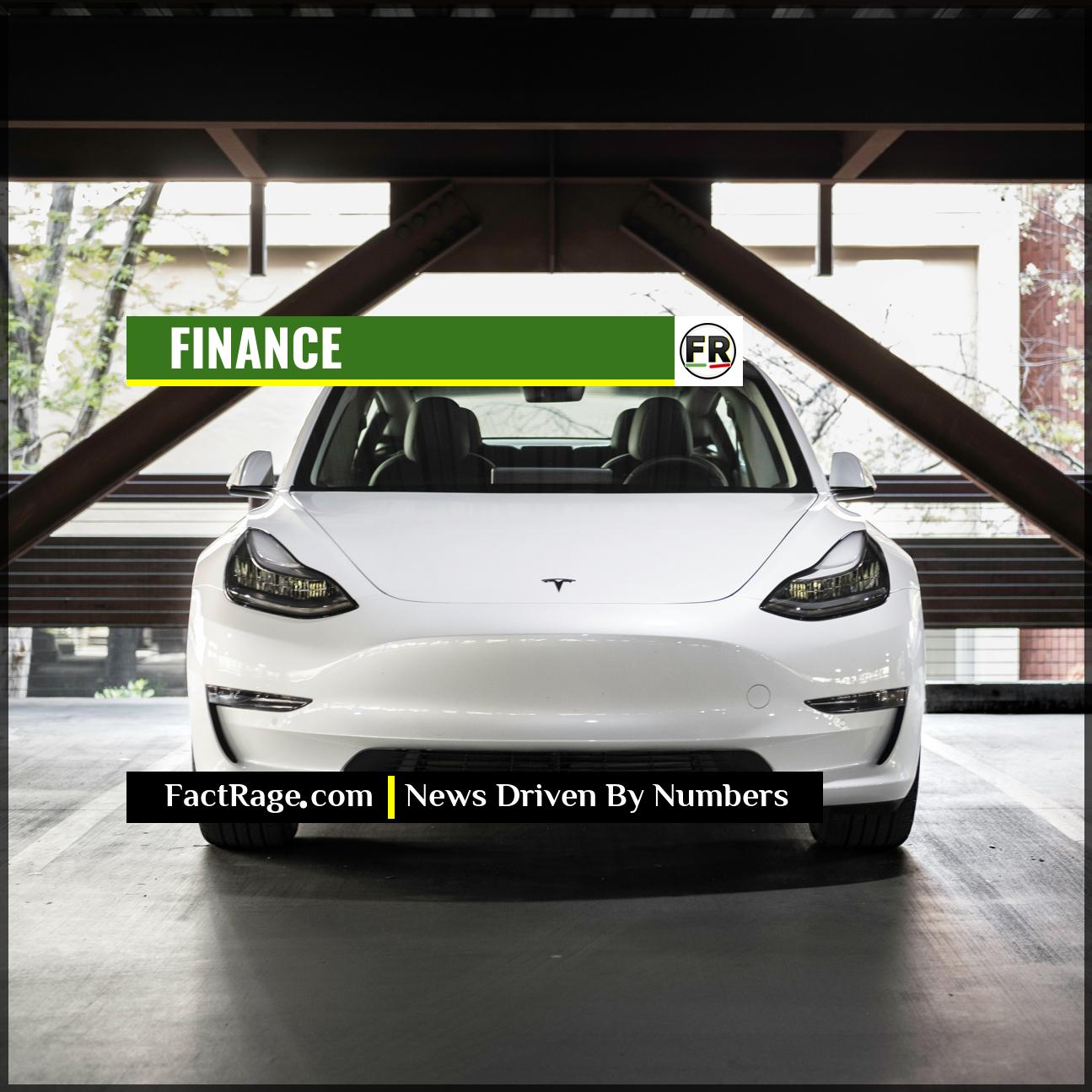GLOBAL – The announcement of Paul McCartney’s 2025 tour has once again ignited excitement among fans and put a spotlight on the powerful, multi-million-dollar industry of legacy artist concerts.
- High-Grossing Nostalgia – Legacy artists, like Paul McCartney whose previous “Got Back” tour grossed over $100 million, consistently generate some of the highest-grossing tours in the music industry.
- The Dynamic Pricing Model – Ticket prices for high-demand shows fluctuate in real-time based on demand, a strategy known as dynamic pricing, which has contributed to a significant rise in average ticket costs.
- Post-Pandemic Boom – Pent-up demand for live events following the pandemic has fueled a major resurgence in the concert market, driving record sales and prices for major tours.
While fans eagerly await the chance to see the 83-year-old music icon, the process of securing a ticket reveals a complex economic engine that has transformed the landscape of live music.
The Price of a Memory
![]() When a legend like Paul McCartney announces a tour, the conversation quickly turns to ticket prices. But this isn’t just about supply and demand; it’s about a sophisticated business model that has redefined the value of a live performance. The sky-high prices aren’t an accident—they are the intended result of a system built to maximize revenue from our shared nostalgia.
When a legend like Paul McCartney announces a tour, the conversation quickly turns to ticket prices. But this isn’t just about supply and demand; it’s about a sophisticated business model that has redefined the value of a live performance. The sky-high prices aren’t an accident—they are the intended result of a system built to maximize revenue from our shared nostalgia.
Read On…
We’ll dissect the financial machinery behind these blockbuster tours, from the algorithms that set the prices to the economic ripple effect that follows each show.
The ‘Got Back’ Blueprint: How Legacy Tours Became Cash Machines
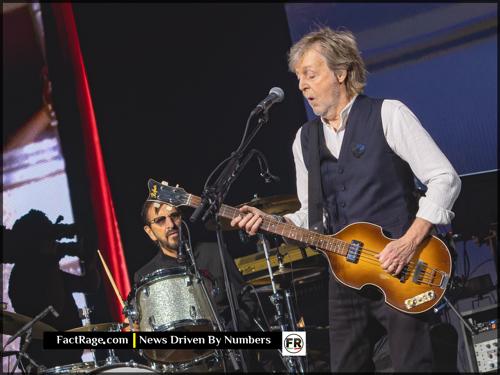
The Economic Ripple Effect
Major concert tours provide a significant boost to host cities, generating substantial revenue for local hotels, restaurants, and transportation services.
In an era where streaming dominates music consumption, the financial center of the industry has decisively shifted from album sales to live performances. Legacy artists—those with decades of hits and a multi-generational fanbase—are at the forefront of this trend. Paul McCartney’s “Got Back” tour, which ran in 2022 and 2023, serves as a prime example, grossing over $100 million.
These tours are massive logistical and financial undertakings with high production costs, but the return on investment is immense. For artists like McCartney, The Rolling Stones, or Elton John, touring is no longer just about promoting a new album; it is the primary revenue-generating event. The demand stems from a potent mix of nostalgia and the perception of a “last chance” to see a living legend, allowing promoters and artists to command premium prices that were unheard of a generation ago.
What Is ‘Dynamic Pricing’ and Why Does It Control Your Ticket Cost?
The Resale Market
The secondary ticket market, or resale sites, often sees tickets for sought-after concerts listed for several times their original face value, driven entirely by fan demand.
For many fans, the biggest hurdle to attending a major concert is the ticket price, which is often shaped by a controversial practice called dynamic pricing. Implemented by ticketing giants like Ticketmaster, a subsidiary of Live Nation Entertainment, this system operates similarly to how airlines and hotels price their offerings. Ticket prices are not fixed; instead, they fluctuate in real-time based on demand. When a show is announced and thousands of fans rush to buy tickets, an algorithm automatically increases the price.
Proponents argue that dynamic pricing captures the “true market value” of a ticket, pushing out scalpers who would otherwise buy cheap tickets and resell them for huge profits. However, critics contend that it simply internalizes the scalping process, leading to face-value tickets that can cost hundreds or even thousands of dollars. This strategy has been a key factor in the significant rise of average ticket prices for top North American tours over the past decade.
More Than a Concert: The Broader Economic and Cultural Impact
The impact of a tour from an artist of McCartney’s stature extends far beyond the venue walls. Each concert stop functions as a significant economic stimulus for the host city. Hotels see a surge in bookings, restaurants are filled with concert-goers, and local transportation services benefit from the influx of visitors. This “concert tourism” generates millions in local revenue and has become a coveted prize for cities competing to host major events.
Culturally, the staying power of an 83-year-old artist selling out stadiums speaks volumes about the power of shared musical heritage. These concerts are often intergenerational events, with parents and grandparents introducing younger family members to the music that defined their own youth. It represents the peak of the “nostalgia economy,” where cherished memories and cultural touchstones are transformed into highly valuable live experiences.
The Enduring Power of a Live Anthem
![]() The economics of a Paul McCartney tour reveal a fundamental shift in the music industry, where the live experience has become the ultimate premium product. It’s a testament not only to the artist’s enduring appeal but also to how the business of entertainment now monetizes memory itself. As long as generations of fans are willing to pay to sing along to the anthems of their lives, the legacy tour will remain one of the most powerful forces in popular culture.
The economics of a Paul McCartney tour reveal a fundamental shift in the music industry, where the live experience has become the ultimate premium product. It’s a testament not only to the artist’s enduring appeal but also to how the business of entertainment now monetizes memory itself. As long as generations of fans are willing to pay to sing along to the anthems of their lives, the legacy tour will remain one of the most powerful forces in popular culture.

